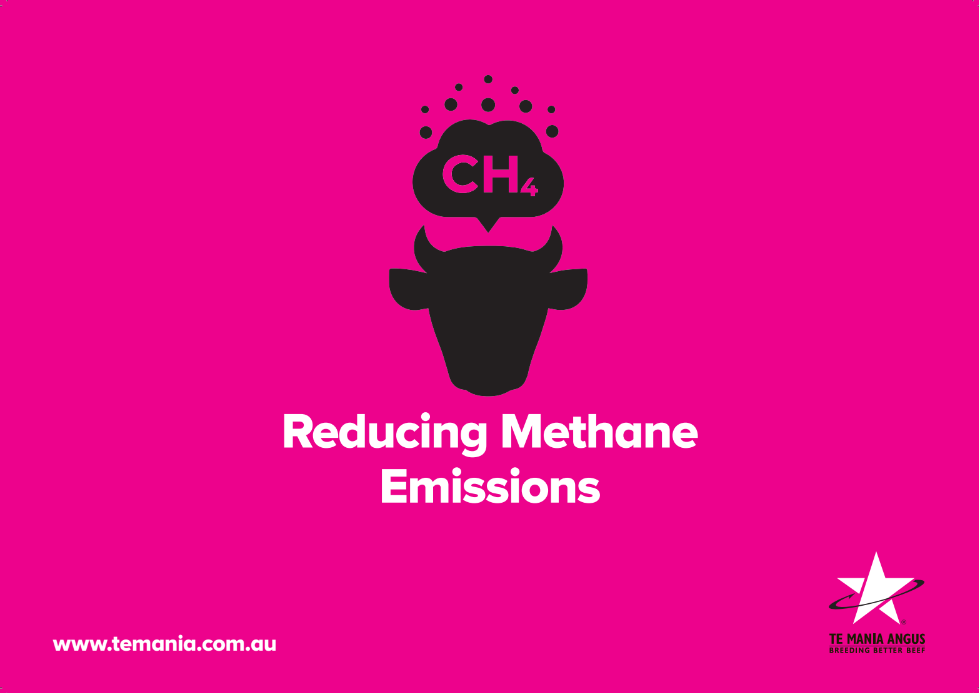Our Net Feed Intake programme has begun.
In the last decade, several countries have included feed efficiency (as net feed intake; NFI) in their breeding goal. With very high correlation between NFI and lower methane emissions, there is potential to reduce methane greenhouse gas emissions from livestock by selecting for higher feed conversion efficiency, or by selecting cattle with measured low methane emissions. Livestock with better feed conversion produce less methane per unit of feed, and are generally more profitable.
At Te Mania Angus we are investing in a Net Feed Intake program to decrease the amount of feed each animal requires to reach optimum weight. Having our own facility on property to record feed consumption will allow us to identify the most efficient bloodlines so we can produce sires for our clients to assist in increasing their profitability.
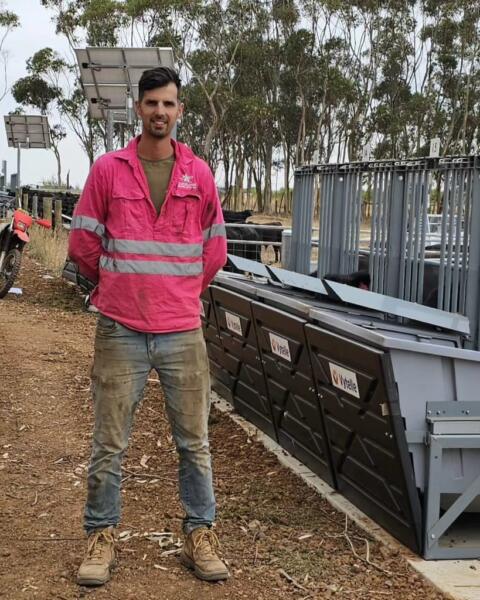
Tamás Pable, our Net Feed Intake (NFI) Program Manager, has overseen the installation and now operation of 16 Vytelle nodes on-farm, which will test up to 160 bulls at a time for 70 days and will run throughout the year. At Te Mania Angus we need 70 days of clean records to produce good phenotypic data, allowing genetic comparisons between animals.
As part of our commitment to Breeding Better Beef for future generations, our focus on breeding for low methane emissions is a win–win for reducing greenhouse gas emissions whilst also increasing agricultural productivity.
Pictured is Tamás Pable, our Net Feed Intake (NFI) Program Manager at our Mortlake headquarters.

